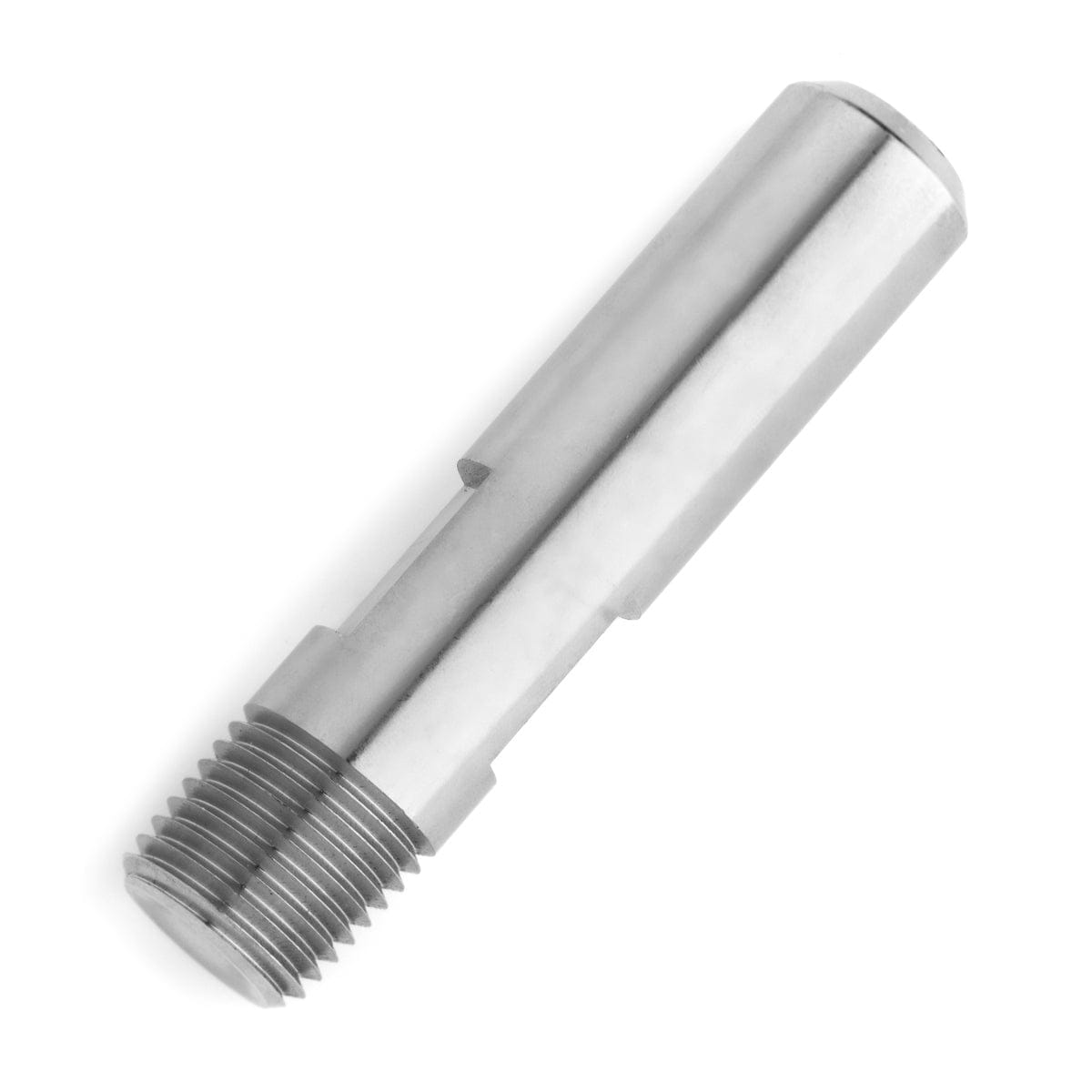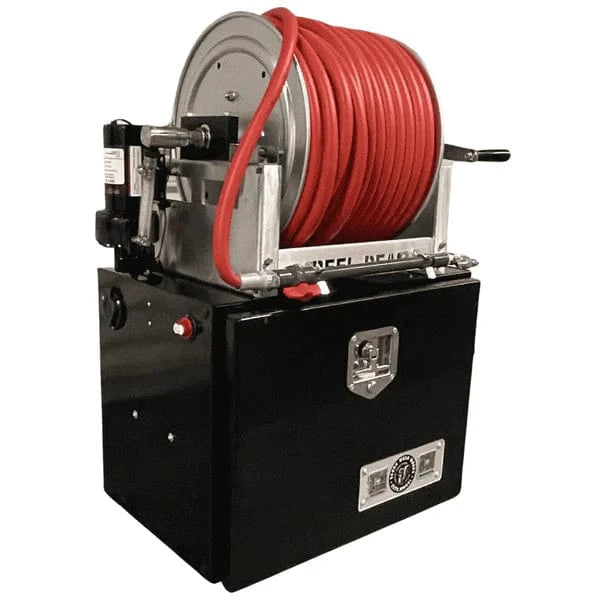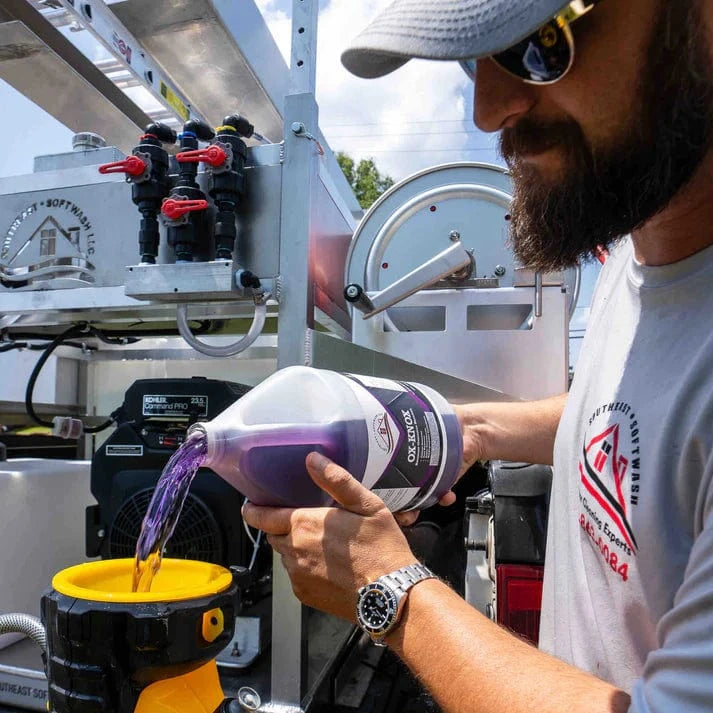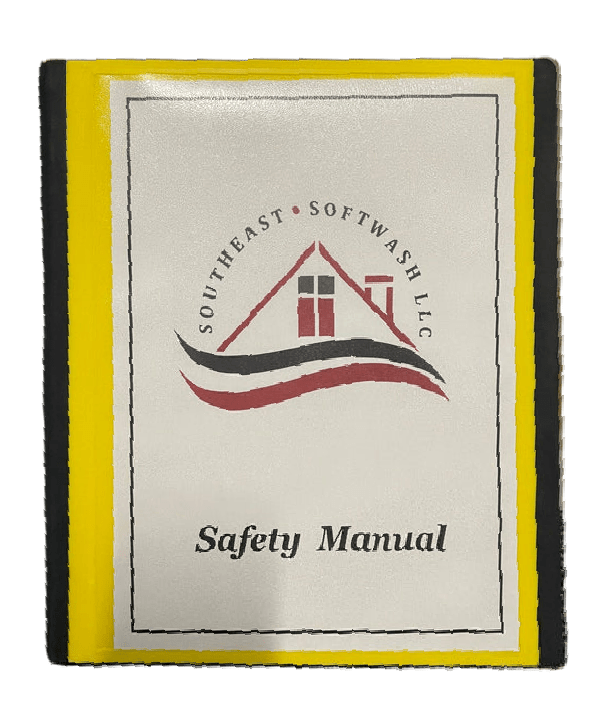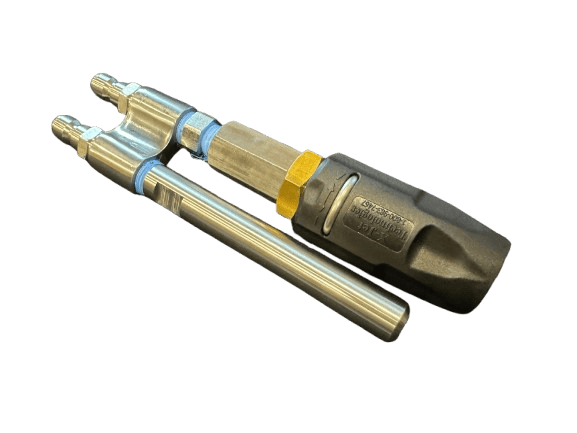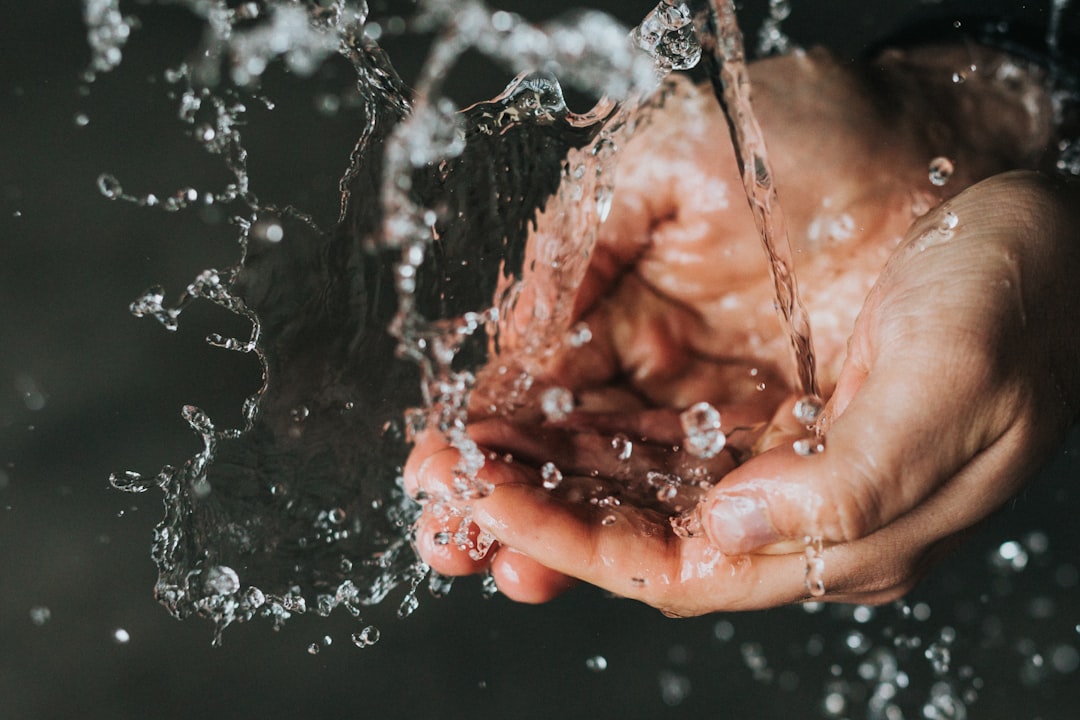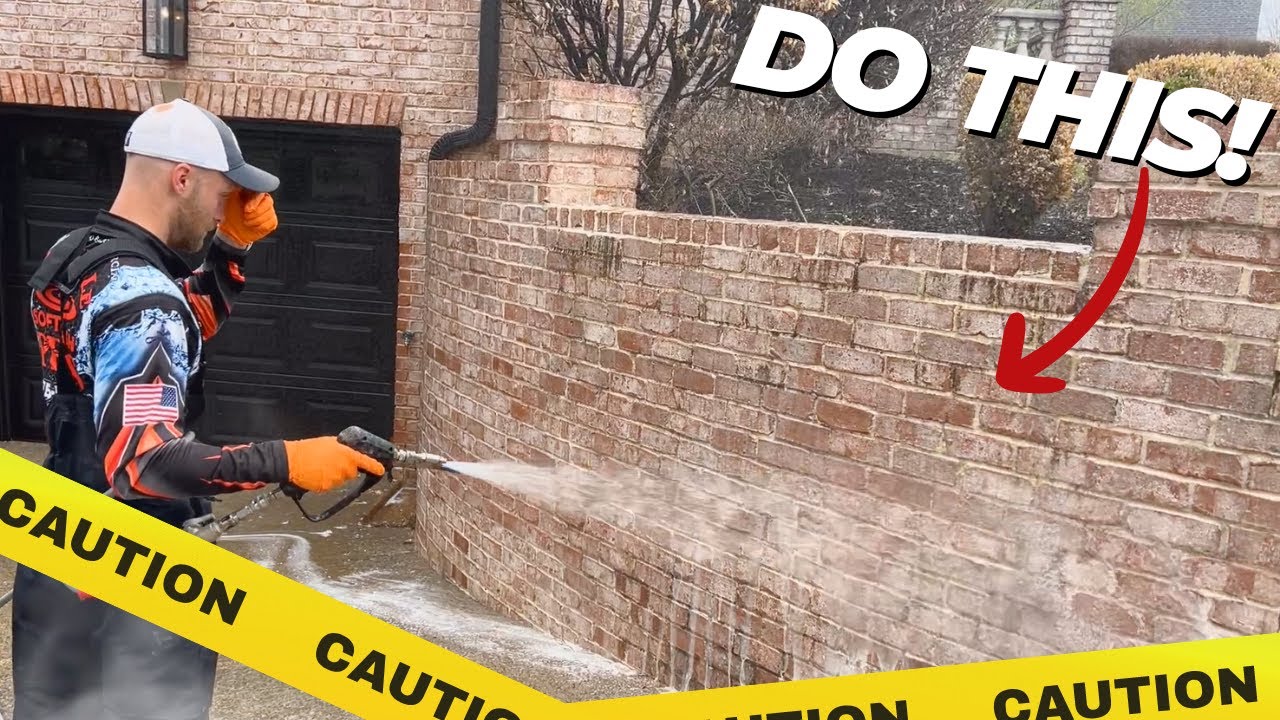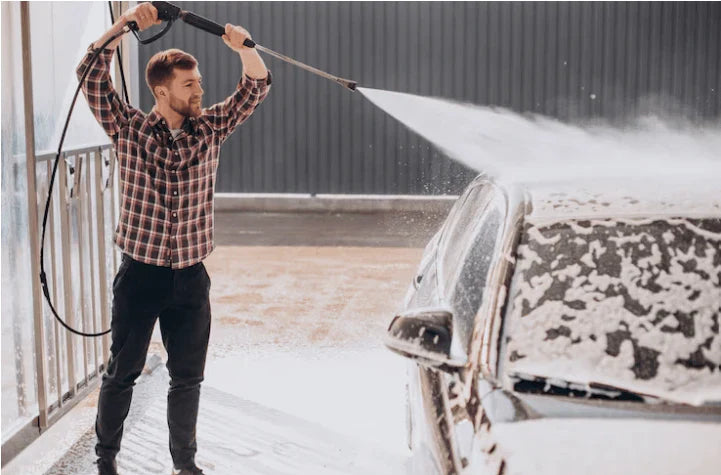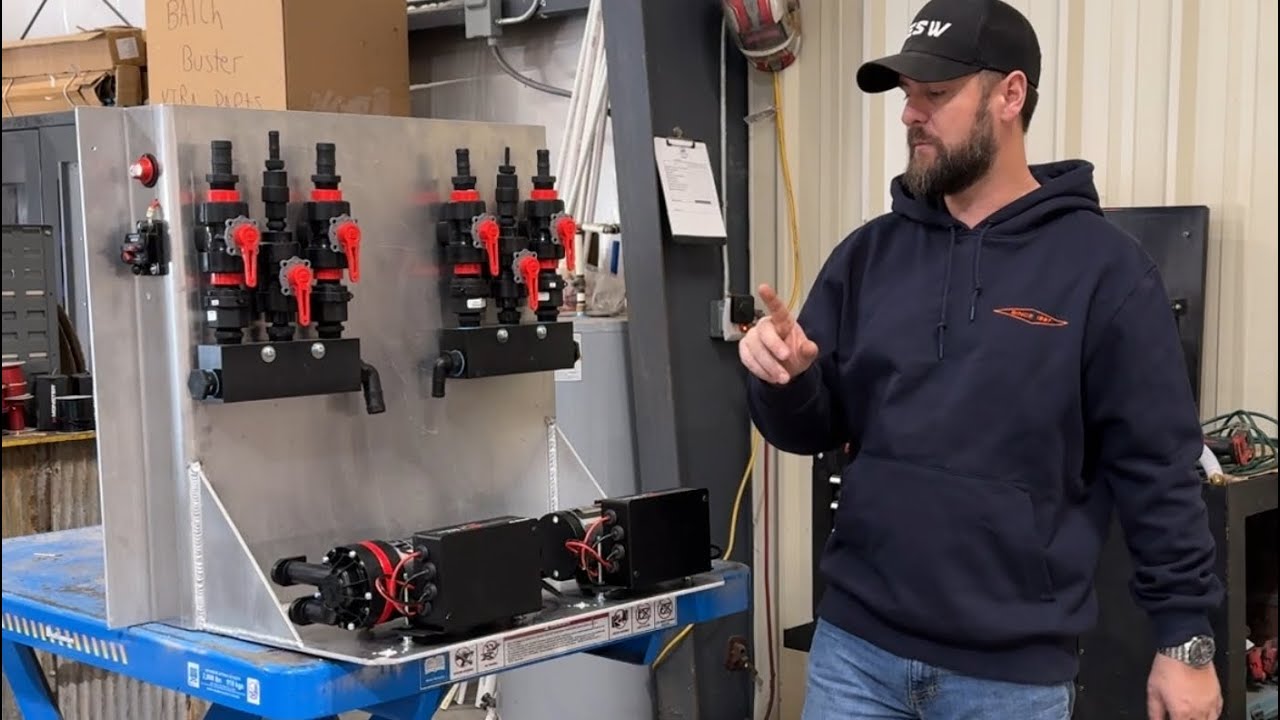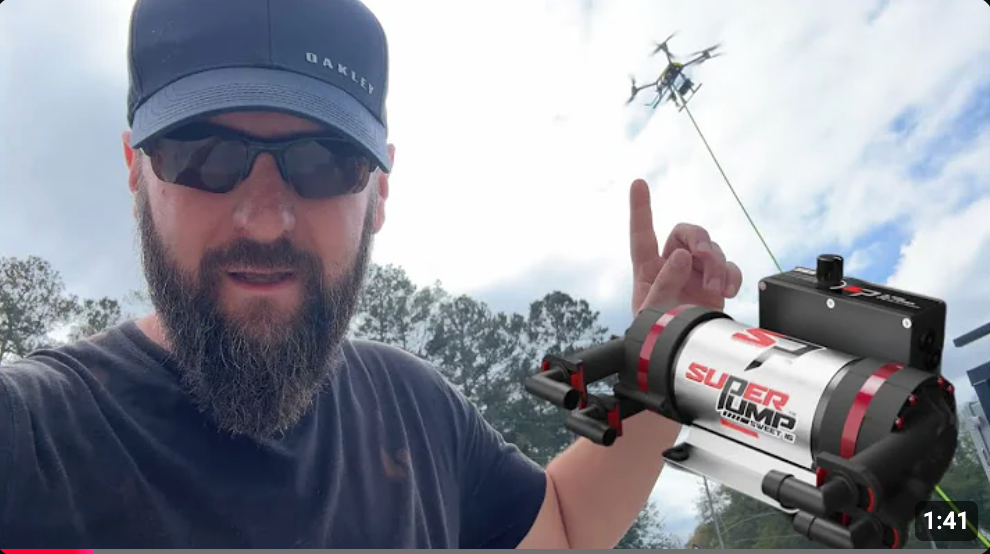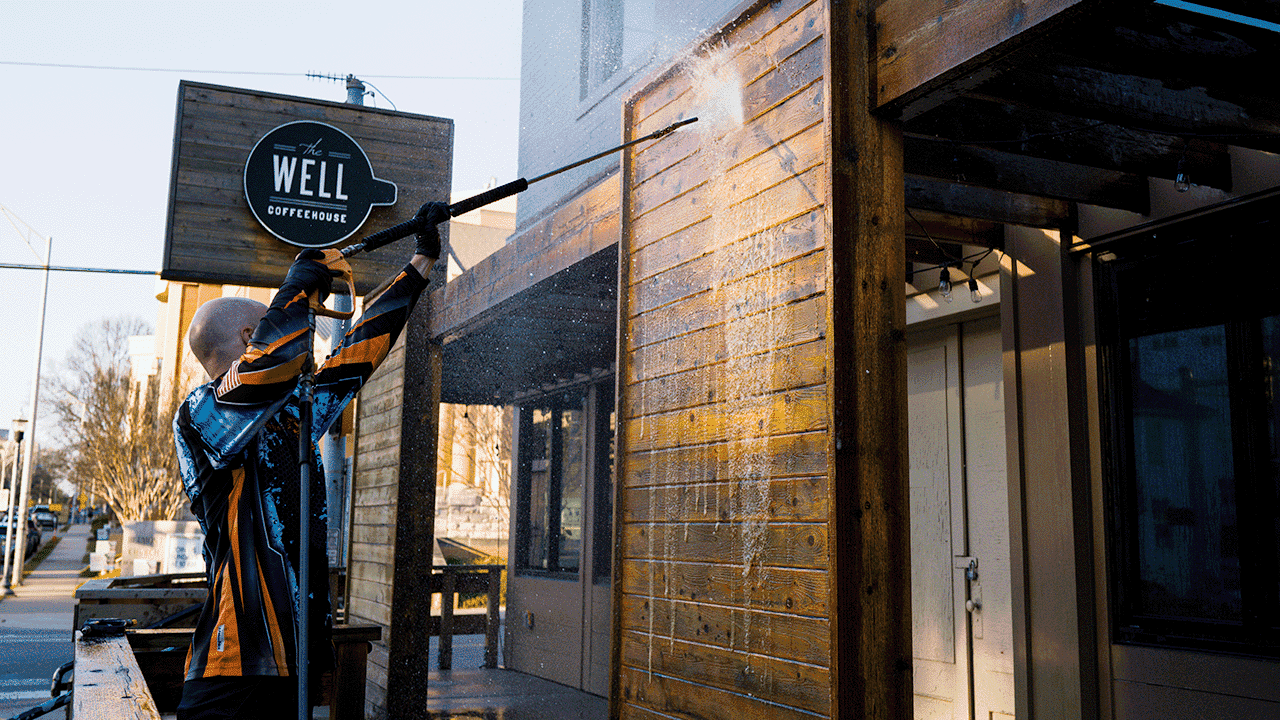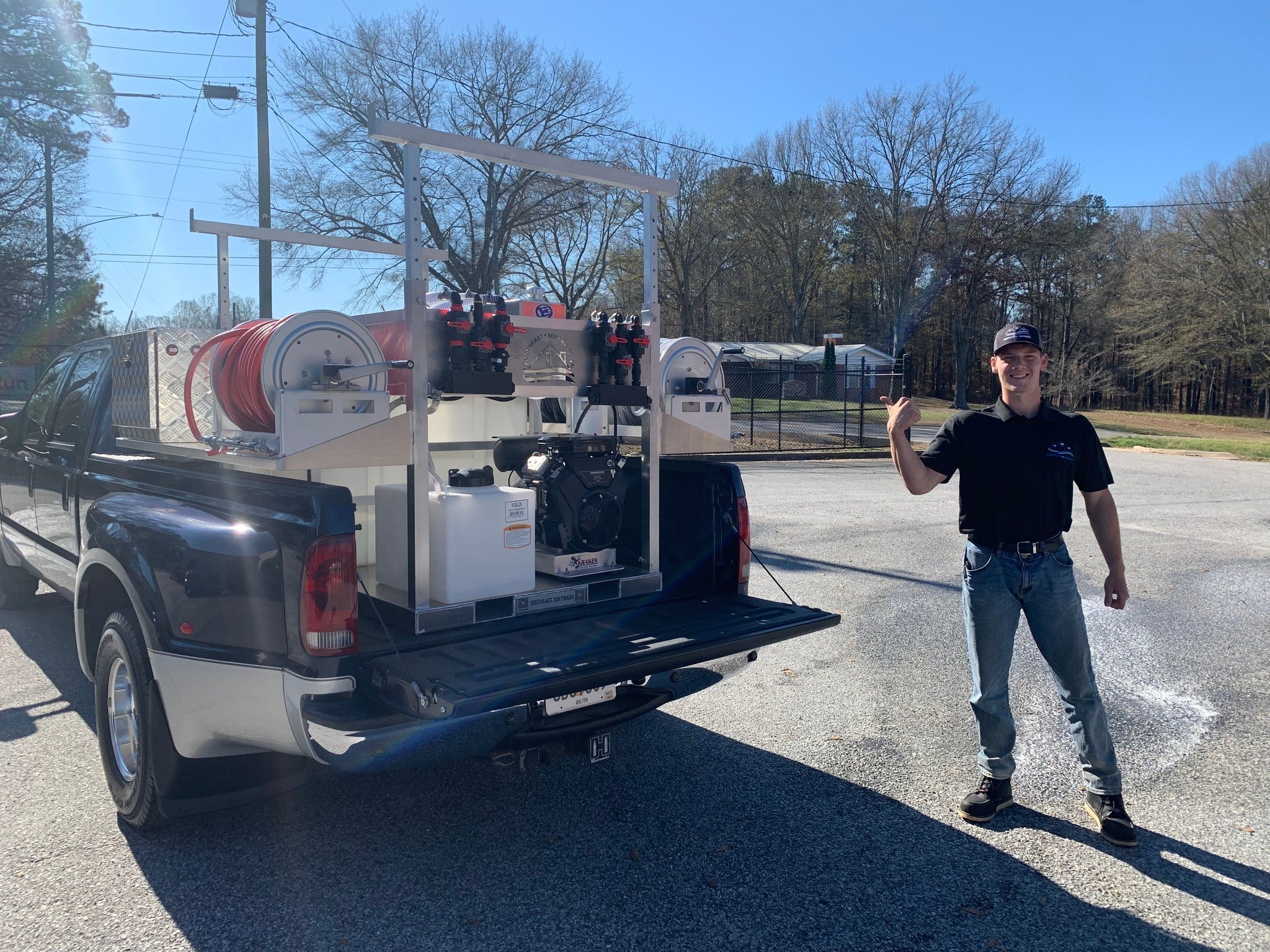Pressure washing and soft washing are popular methods for cleaning exterior surfaces like driveways, decks, and siding. While hiring a professional service is always an option, many homeowners are interested in tackling these projects themselves. Let's delve into the pros and cons of DIY pressure washing to help you decide if it's the right choice for you.
Pros of DIY Pressure Washing
Cost-Effective
One of the main advantages of DIY pressure washing is the cost savings. By investing in your own pressure washing equipment, you can potentially save money on hiring a professional service multiple times a year.
Convenience
Having your own pressure washing equipment allows you to clean your outdoor surfaces on your own schedule. You won't have to wait for an appointment or adjust your plans to accommodate a service provider.
Control Over the Process
DIY pressure washing gives you full control over the cleaning process. You can target specific areas that need more attention and adjust the pressure settings according to the surface you are cleaning.
Learning Experience
Engaging in DIY pressure washing can be a valuable learning experience. You get to understand how pressure washing equipment works, which chemicals are safe to use, and how to properly clean different surfaces without causing damage.
Soft Wash Equipment Compatibility
Investing in your own pressure washing equipment gives you the option to explore soft washing as well. Soft washing is a gentler alternative that uses specialized equipment and chemicals to clean sensitive surfaces.
Increased Home Value
Regularly maintaining the exterior of your home through DIY pressure washing can enhance its curb appeal and potentially increase its overall value. Clean surfaces contribute to a well-maintained appearance.
Cons of DIY Pressure Washing
Potential for Damage
One of the biggest risks of DIY pressure washing is the potential for causing damage to surfaces. Using the equipment incorrectly or selecting the wrong pressure settings can lead to etching, chipping, or discoloration of surfaces.
Need for Proper Training
Effective pressure washing requires knowledge of proper techniques and safety measures. Without adequate training, there is a higher risk of injury to yourself or damage to your property.
Consumption of Time and Energy
DIY pressure washing can be time-consuming, especially for larger areas or tough stains. It requires physical effort and dedication to achieve desired results, which may not be feasible for everyone.
Investment in Equipment
Purchasing pressure washing equipment and the necessary chemicals involves an initial investment. While it may save money in the long run, it is important to consider the upfront costs of acquiring quality equipment.
Environmental Impact
Improper disposal of pressure washing chemicals can have a negative impact on the environment. Being aware of eco-friendly cleaning solutions and responsible disposal practices is crucial for DIY pressure washers.
Decision Time: To DIY or Not to DIY?
In conclusion, the decision to pursue DIY pressure washing should be based on a thorough assessment of your needs, capabilities, and willingness to invest time and effort into the process. While it offers cost savings, convenience, and a learning experience, it also comes with risks of damage, the need for proper training, and potential environmental implications. Ultimately, whether you opt for DIY pressure washing or seek professional services, the goal remains the same: a clean and well-maintained exterior for your home.


